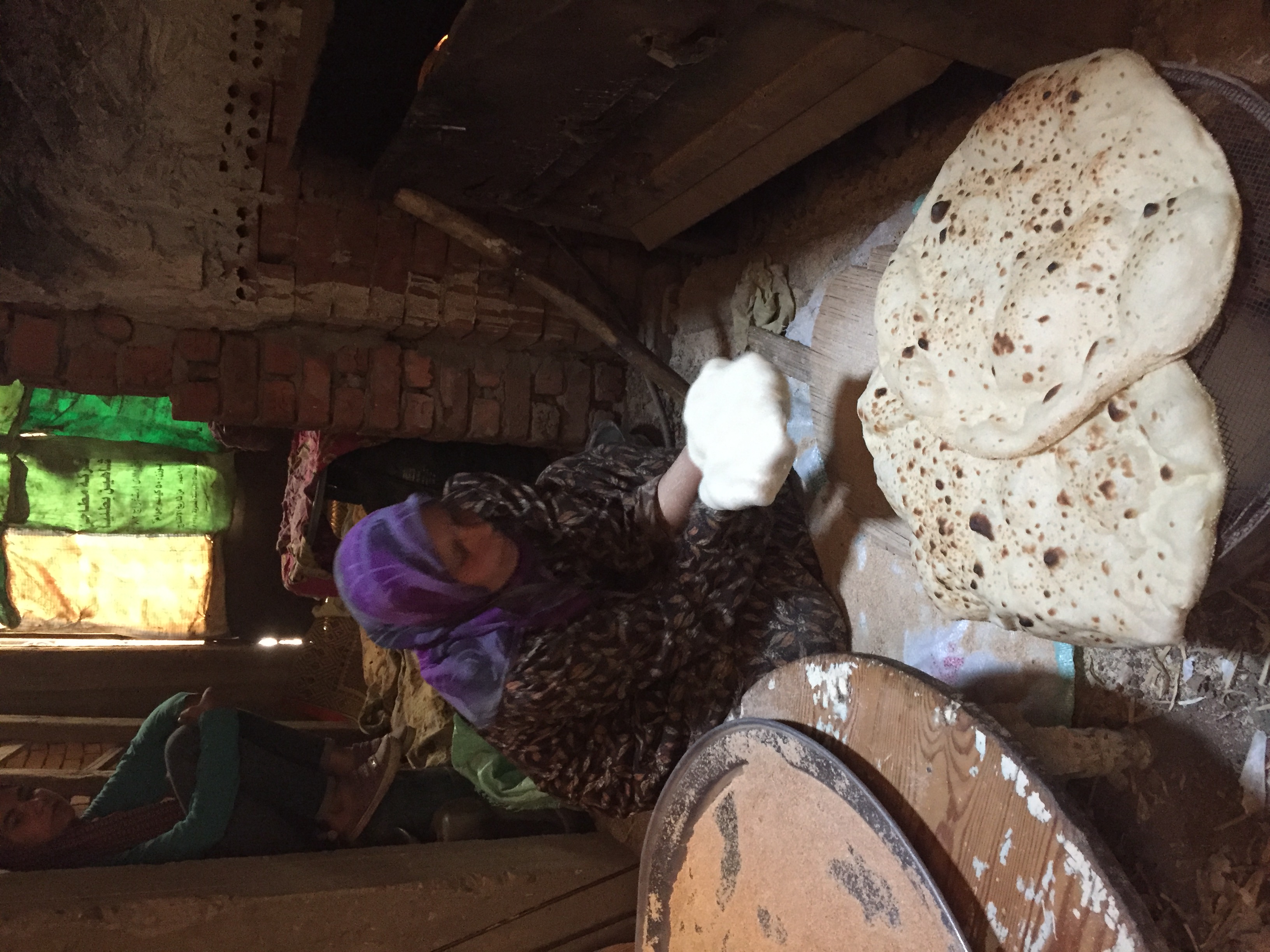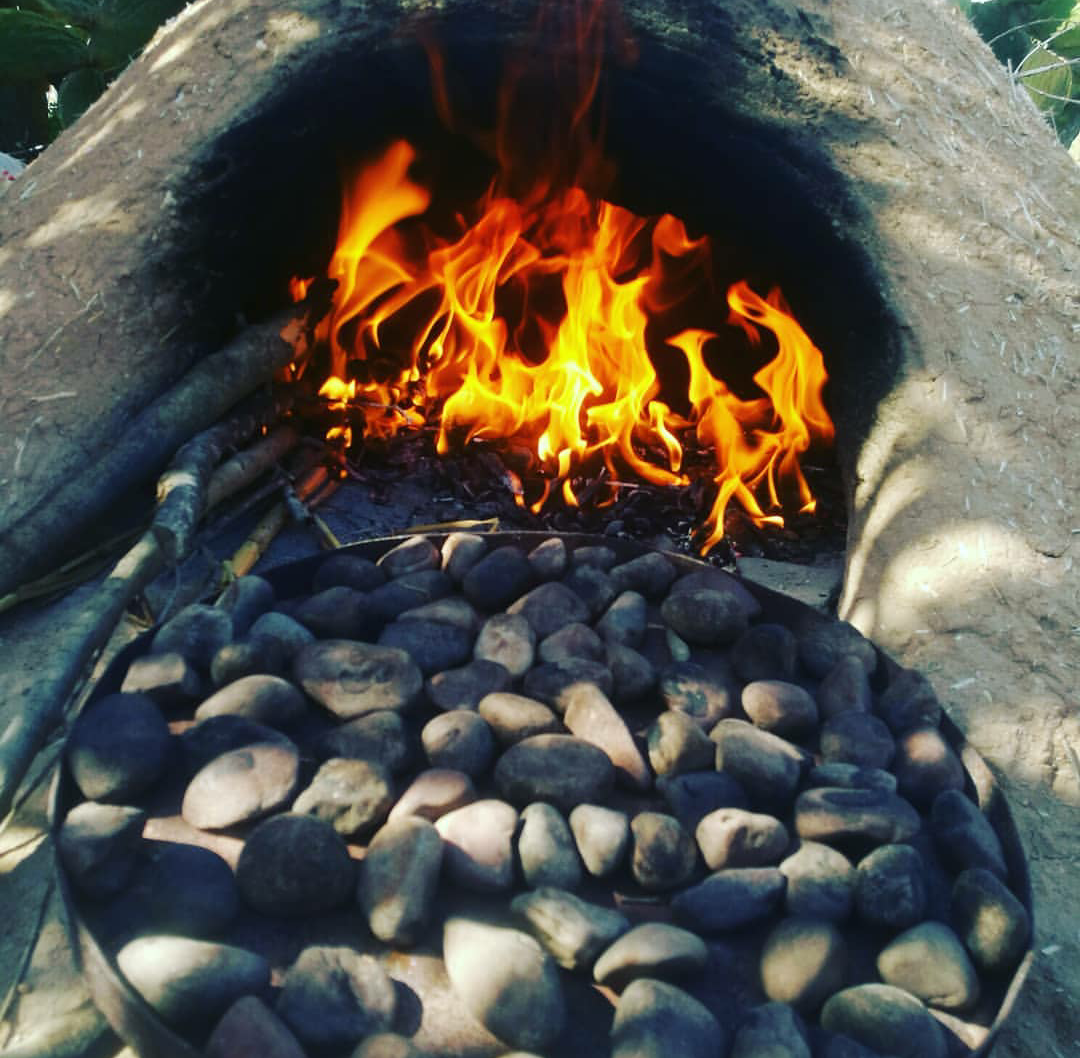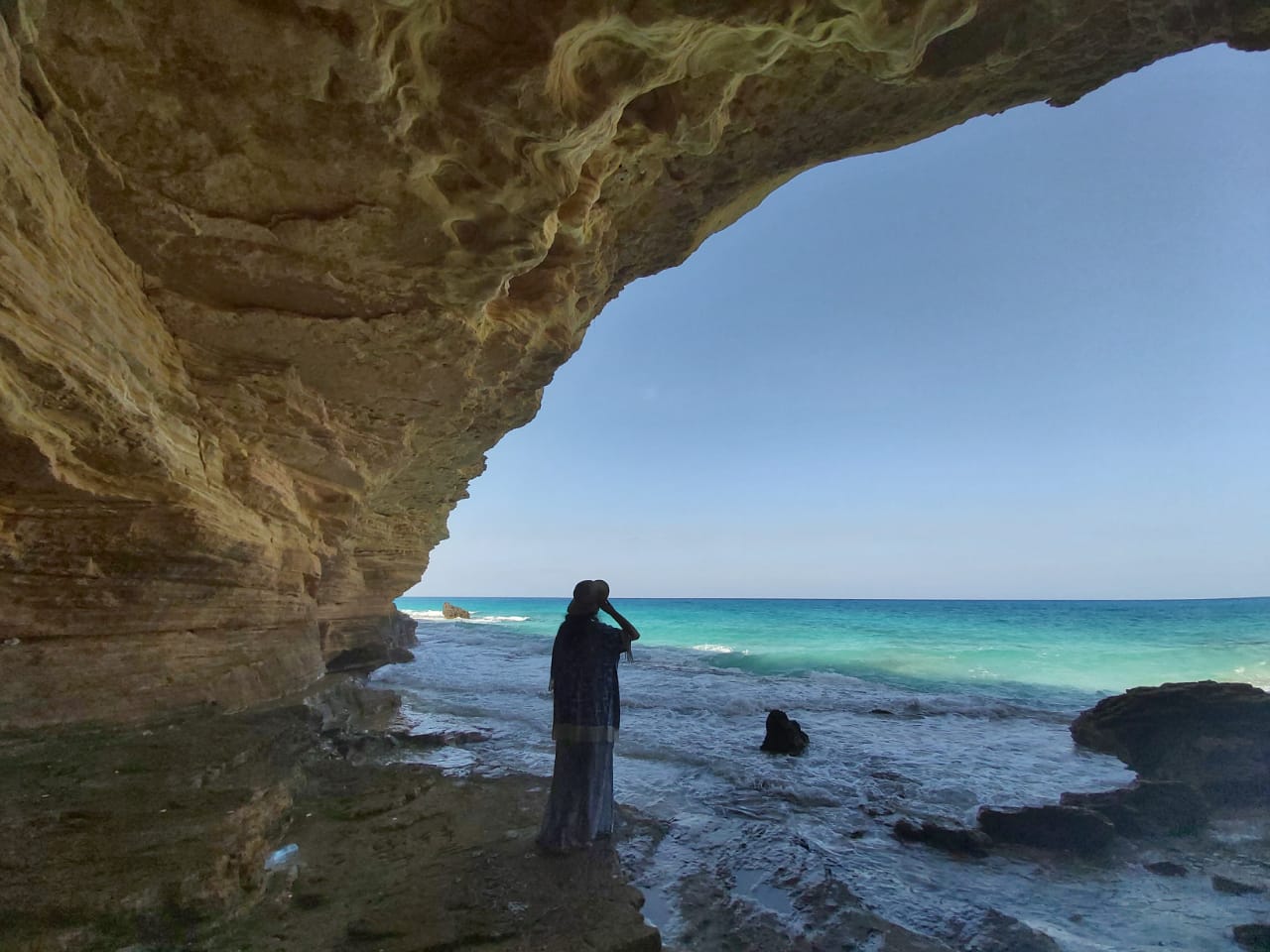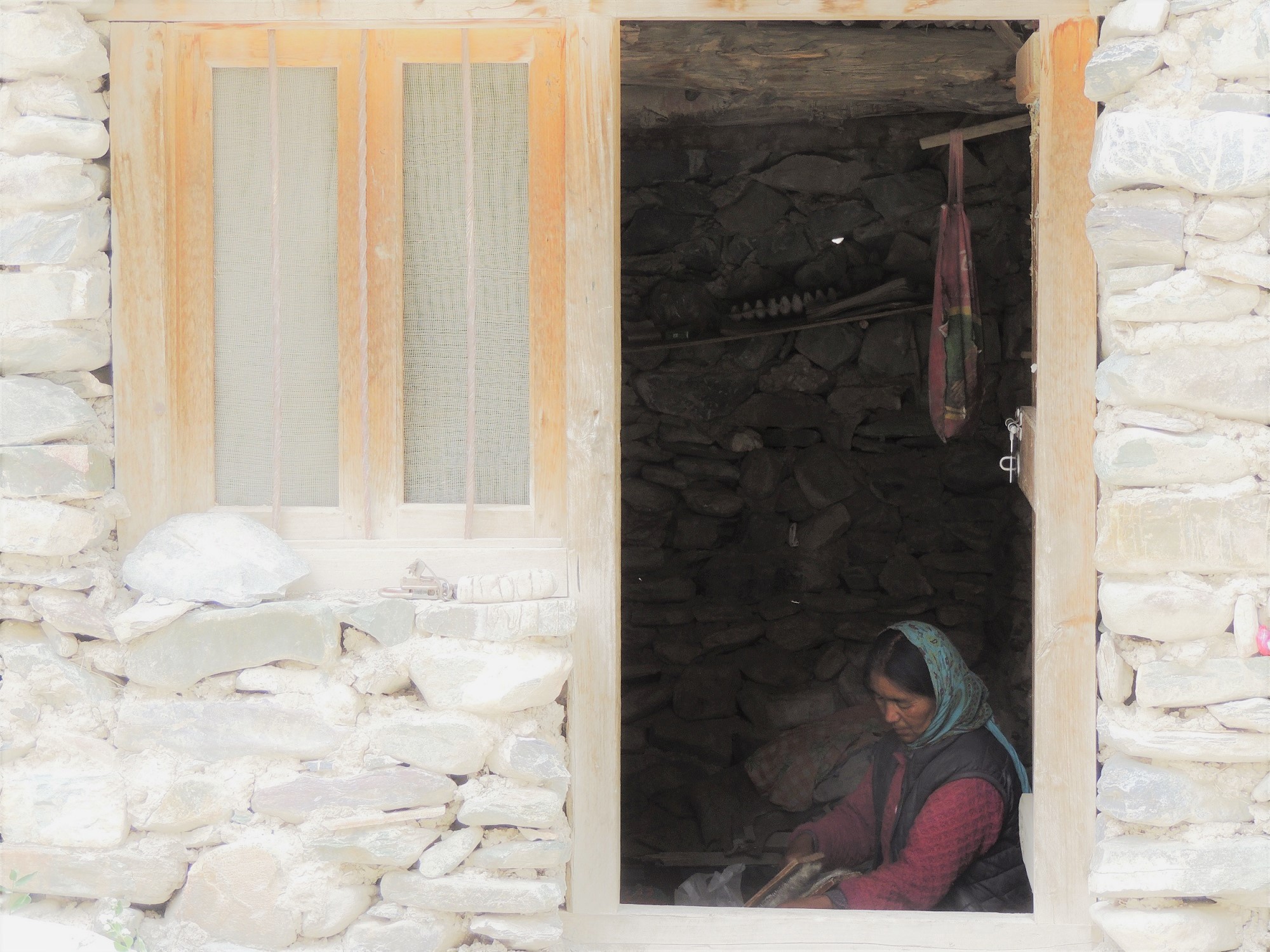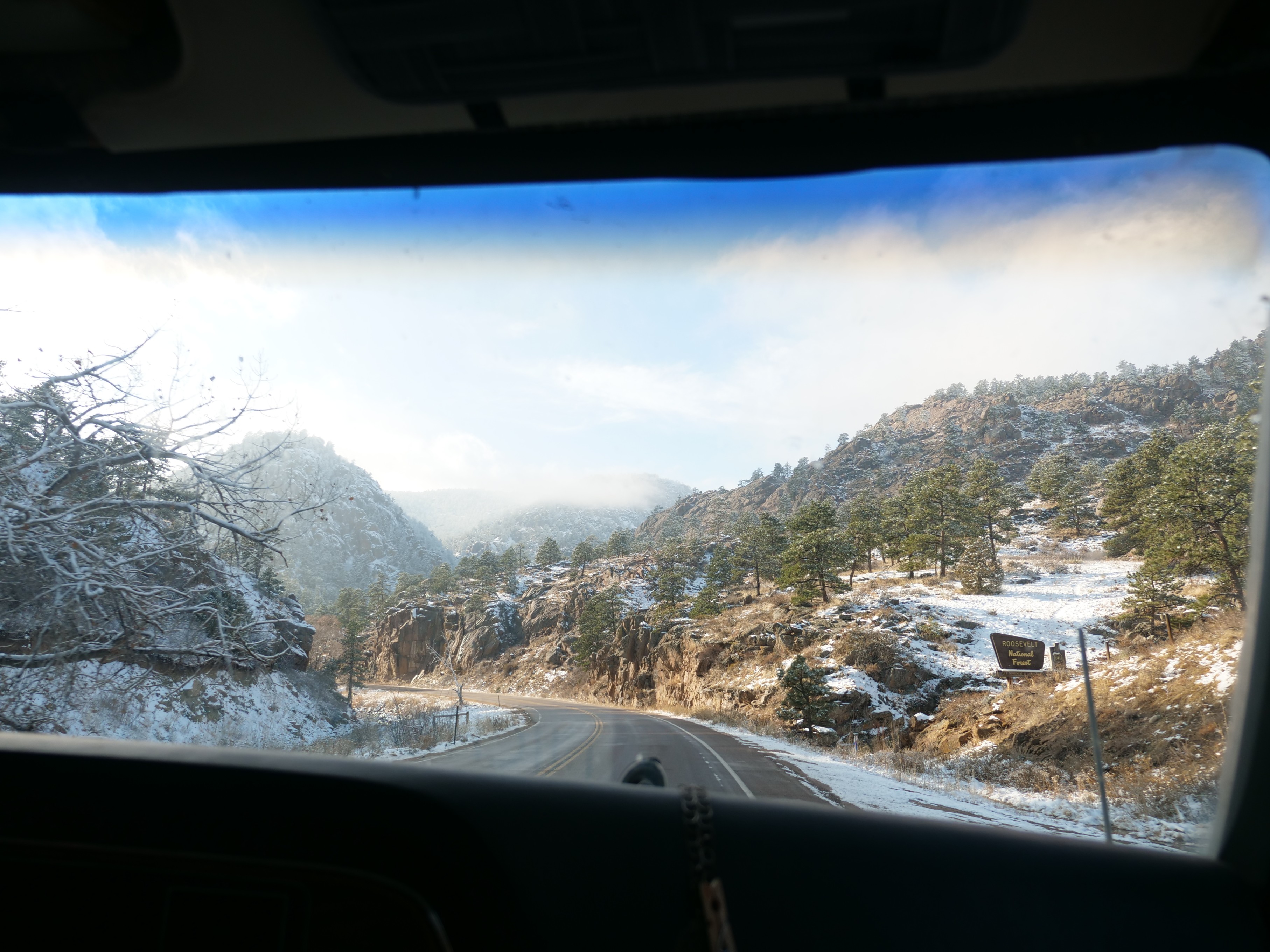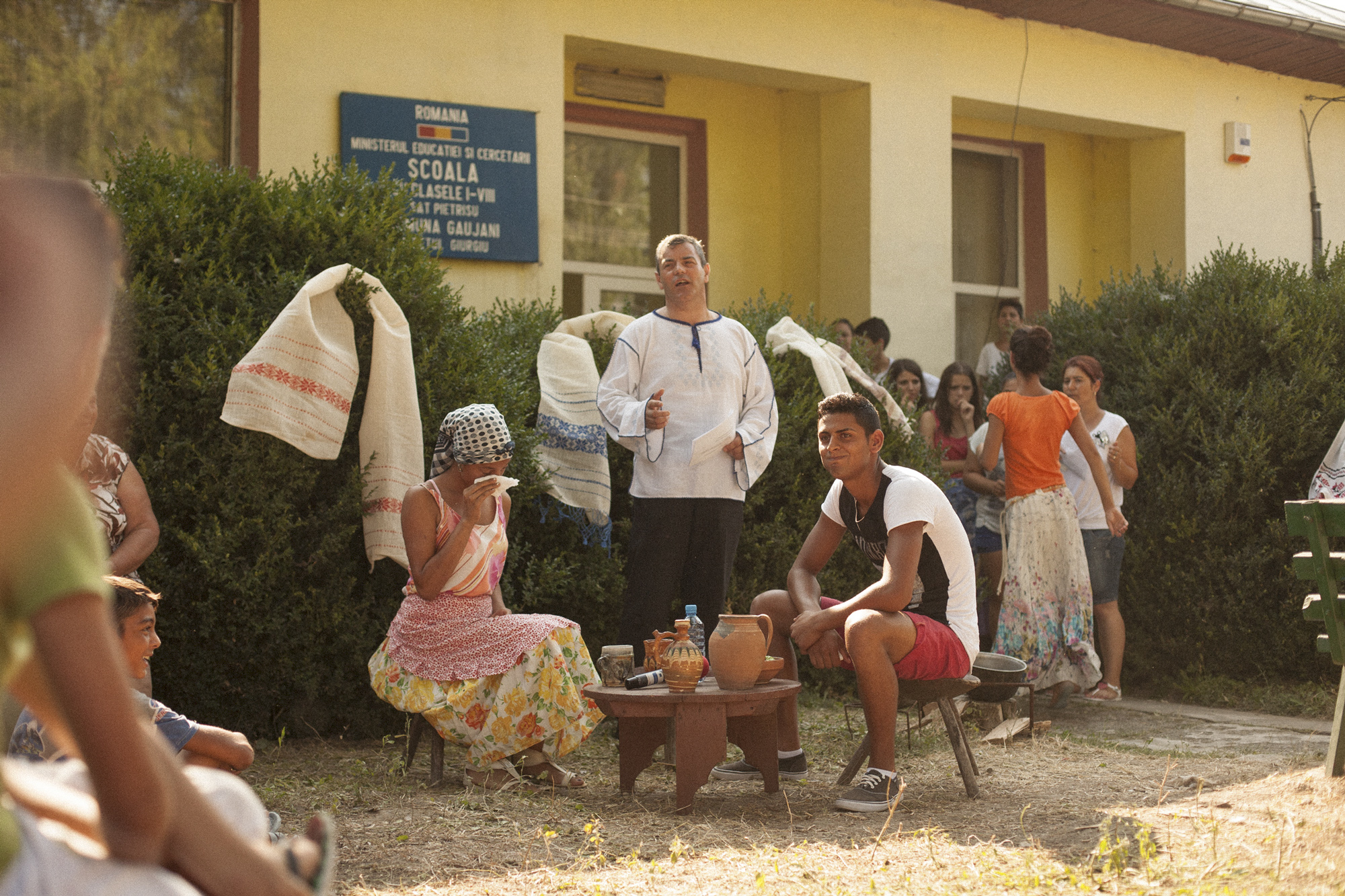Last of the Kei : Life on Tanimbar evav
by Jeanne Kretzschmar
Indonesia




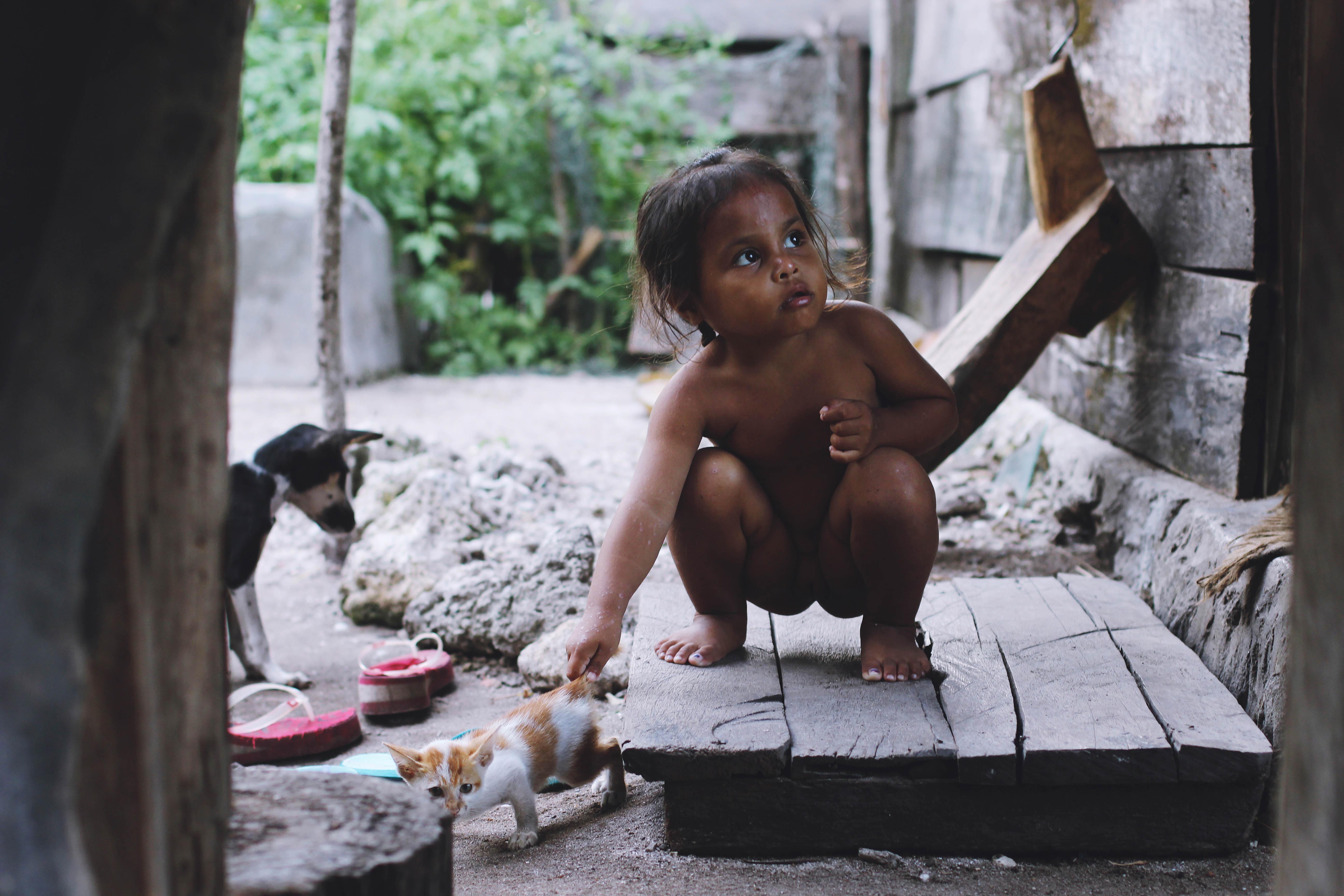
By telling us your country of residence we are able to provide you with the most relevant travel insurance information.
Please note that not all content is translated or available to residents of all countries. Contact us for full details.
Shares





